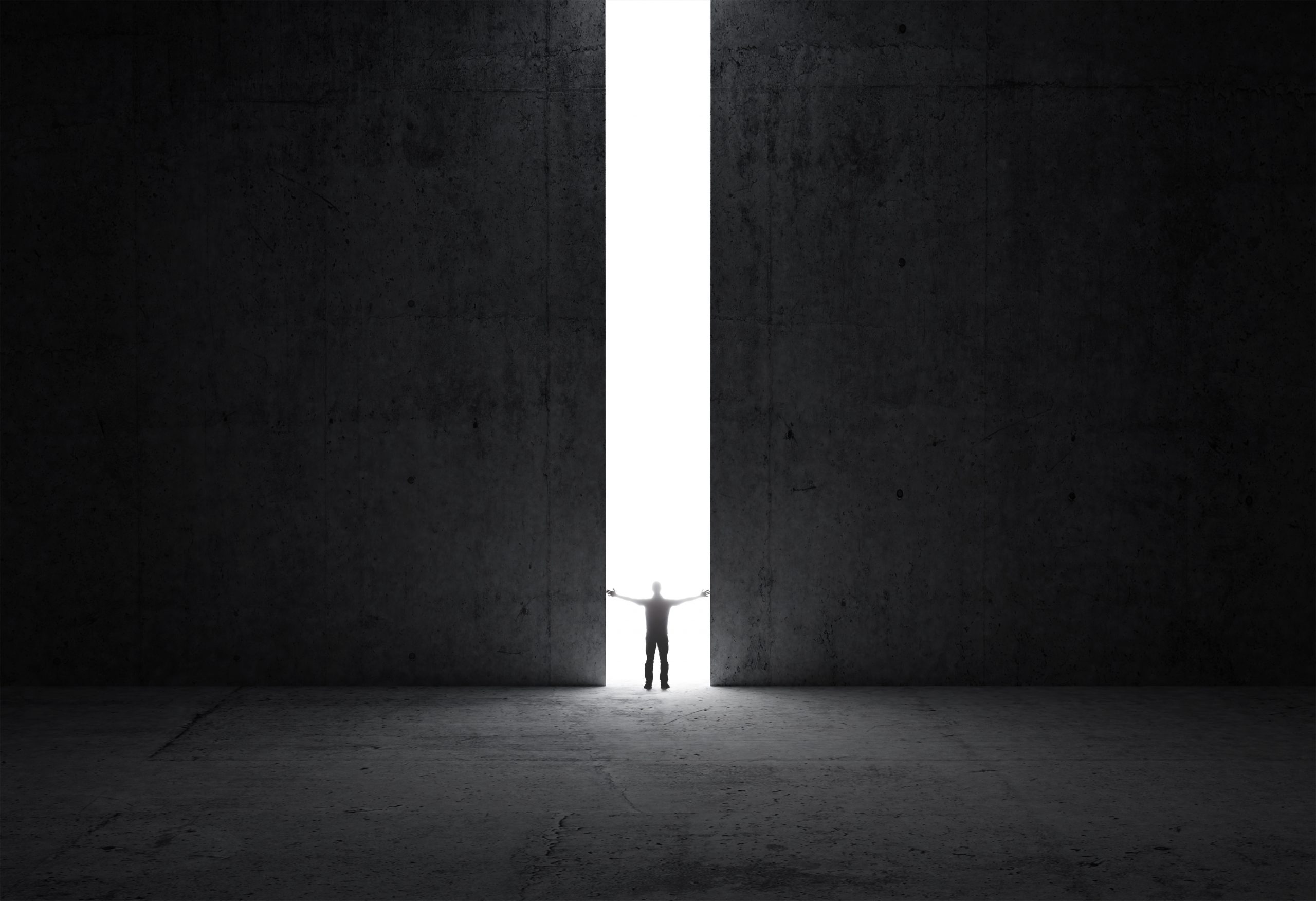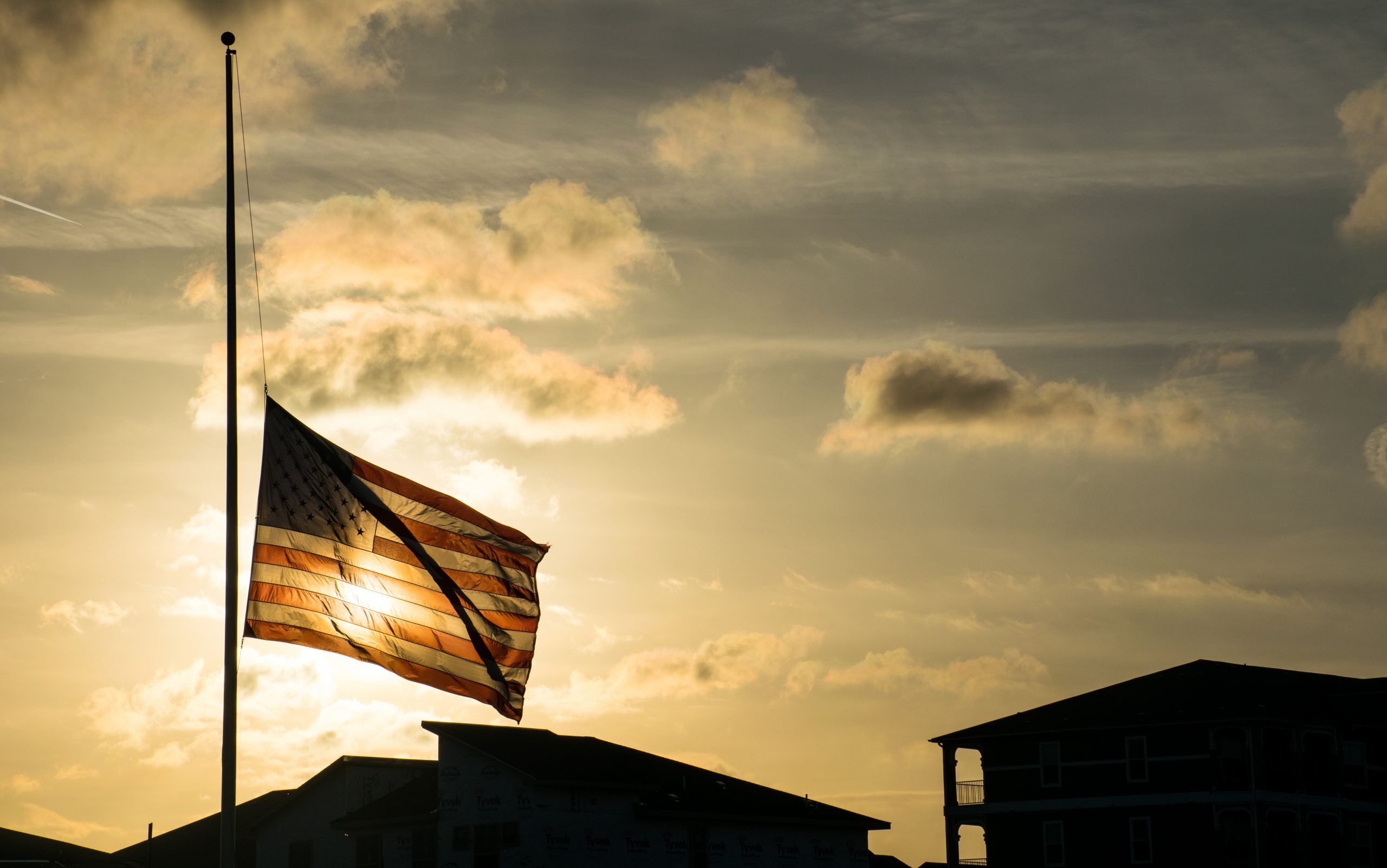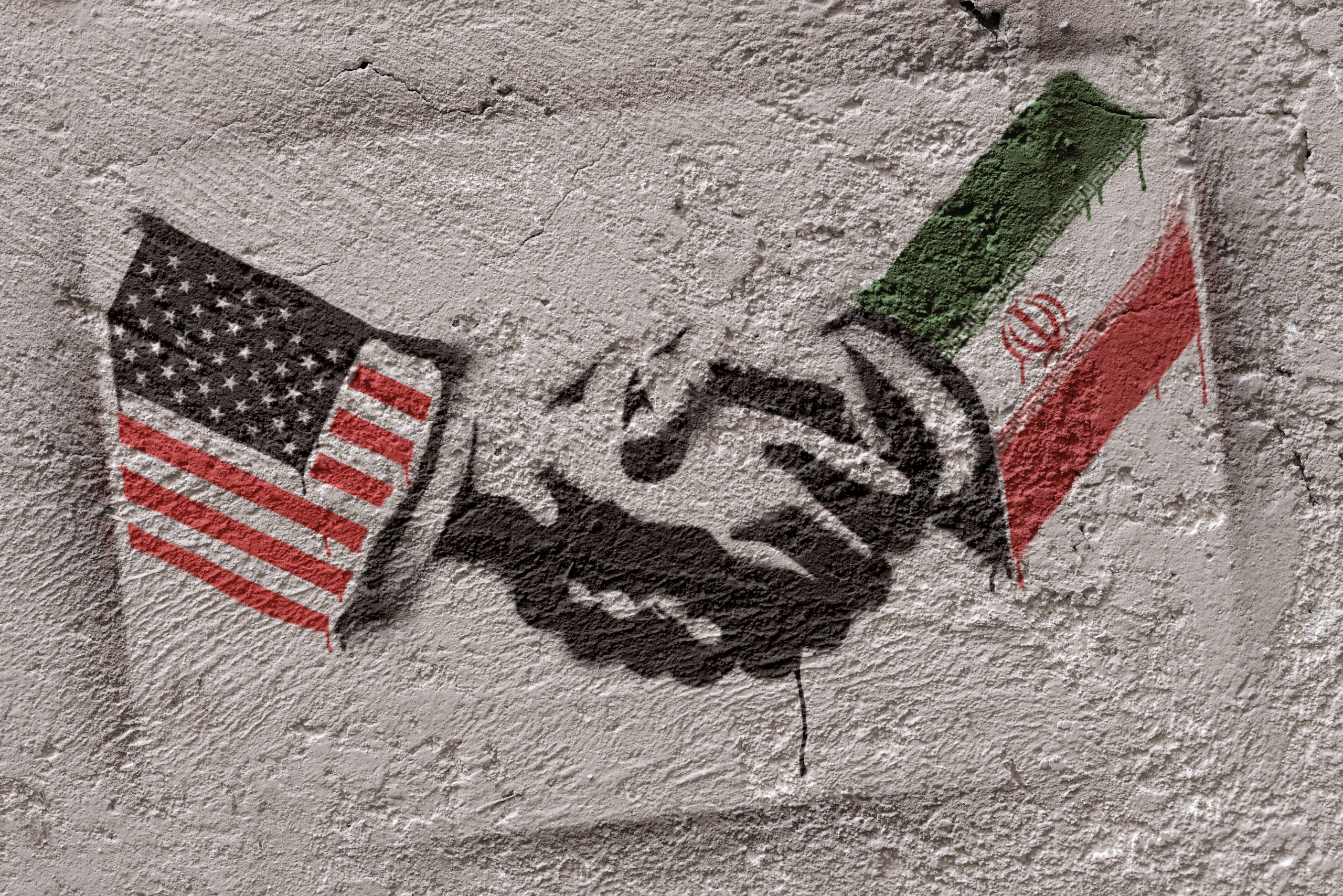The media's favorite pawns are invoked again.
Rebel in the Machine

Perhaps it takes a madman to speak truth to power.
Lieutenant Colonel Stuart Scheller is a 17-year Marine Corps Infantry Officer and a combat veteran of Iraq and Afghanistan. He looks the part. He commanded an infantry battalion, and his career reflects considerable achievement.
On August 27—the day after 11 United States Marines, an Army soldier, and a Navy Corpsman were killed in Afghanistan—Col. Scheller posted a four-minute video. In uniform, he criticized the exit from that country and asked for accountability from those responsible.
He cited “growing discontent and contempt for…perceived ineptitude at the foreign policy level. ” Leaders like him have their careers ruined over isolated incidents—one lost weapon, say, or a discrimination complaint. He noted the double standard applied by his leaders to themselves. “Did any of you throw your rank on the table [i.e., offer to resign] and say ‘hey, it’s a bad idea to evacuate Bagram Airfield, a strategic airbase, before we evacuate everyone’? Did anyone do that? And when you didn’t think to do that, did anyone raise their hand and say ‘we completely messed this up?”
Col. Scheller asks for the right reason. “All those people did die in vain if we don’t have senior leaders that own up and raise their hands and say ‘we did not do this well in the end.’ Without that we just keep making the same mistakes.” He understood the sacrifice he was making himself:
But I think what you believe in can only be defined by what you are willing to risk. So, if I am willing to risk my current battalion commander seat, my retirement, my family’s stability to say some of the things I want to say I think it gives me some moral high ground to demand the same honesty, integrity, accountability from my senior leaders.
In military circles, Col. Scheller’s video was astounding, like seeing the Pope in a leather jumpsuit at Burning Man. Furious debate ensued. Those critical of Col. Scheller point to the importance of the “chain of command” and “proper channels. ” His behavior was “unprofessional” and would hurt morale. To them, the case was clear. Many also concluded that for a high achiever with a family, three years from retirement, to decisively cross the bright line of military discipline indicated mental instability. He was required to submit to a mental health screening.
Another camp acknowledges the importance of the chain of command. They agree that Col. Scheller’s removal was not a “disgrace” but appropriate and inevitable. Col. Scheller understood this. Violating the chain of command is a great transgression and should have grave consequences. He sanctified his demand for accountability with his resignation.
But “obey the chain of command” is not in the Decalogue. The chain is a means to an end: victory. What if obedience to the chain is counterproductive? What if selective disobedience is a path to victory? The Pantheon of military leaders is full of those who challenged orthodoxies, and Nuremberg exposed the chain of command as an excuse for inaction and refuge for moral cowardice.
Col. Scheller knew the “proper channels.” He chose not to use them. Why? Would his communication be buried? Did Col. Scheller believe his message was so important he instead had to pick up a megaphone at enormous personal cost?
A conversation I had recently with a former Marine officer about Col. Scheller went like this: “I agree with everything he said and it needed to be said. But it was not his role to say it. It should have been a very senior officer.” My response went unanswered: “But what if no one else WOULD say it?” Hearing Col. Scheller, we brightened at the sound of something rare and beautiful: the truth.
Both camps marveled at a thriving man who cast everything away, jeopardizing money, career, and reputation. For what? Did Col. Scheller simply lose his head and betray 17 years of discipline in a bout of emotion? Or, did he see a danger and, like Gunga Din, expose himself to blow a warning trumpet? Is Col. Sheller a madman or a hero?
Virtue in a Vicious World
Answering this question may answer a question facing America. Are our current institutions, and the elites running them, worthy of our trust? Based on their conduct, should we have confidence that government, corporate, academic, and media powers merit our observance of the “proper channels”? Have the leaders of our institutions become disconnected, dismissive of the interests and values of average Americans and America herself? Does Col. Scheller show us that we are in extraordinary times that summon extraordinary actions of civil disobedience like his?
We see what Col. Scheller sees. The abandonment of Bagram air base, the intelligence failure, the reliance on the Taliban for Americans’ safety; the provision of a complete list of American and Afghan allies to the Taliban, the loss of billions in weapons to Islamist extremists and the unprecedented abandonment of Americans. Commanders are fired when their unit loses one rifle, but some 350,000 were lost in Afghanistan. Those who directed the Afghanistan exit don’t want law-abiding Americans to buy AR-15s, but they provided hundreds of thousands gratis to killers who hate the United States.
Perhaps the backdrop to this drama of incompetence exacerbated Col. Scheller’s disquiet. As ISIS killed the greatest number of American servicemen and women in a decade, we reflected on recent events: the day when the Biden Administration proclaimed “white supremacy is our greatest domestic threat.” Or when the Chief of Naval Operations mouthed slogans like “our diversity is our strength.” When Secretary of Defense Lloyd Austin insisted “extremism” (we know the kind he means) was such a priority that our entire global force, unit by unit, must stop for a full day to be catechized against this evil. When Chairman of the Joint Chiefs Mark Milley was indignant at any skepticism about instructing those in uniform about “white rage.”
But America should be indignant. General Milley should have been reading Bing West, not Ibram Kendi. The millions of man-hours Secretary Austin expended on extremists in our ranks should have been spent on the actual extremists that killed his charges in Kabul. Many Marines wonder where Commandant Berger’s voice has been. In times not long past, the Commandant might have stated what he knows to be true: “Mr. Secretary and General Milley, the Marine Corps is the most dedicated, professional fighting force in the world. I cannot speak for the other branches, but I know my Marines. We are one color and that is green. Please cease your unfounded and counterproductive insinuations about our Corps so that we may focus on our mission: being the most lethal fighting force in the world. ”
Pardon Col. Scheller’s frustration that the president, his administration, Austin, and Milley are fighting imaginary wars in Wokeistan while fellow Marines are dying in Afghanistan. Some said Col. Scheller hurt morale. But it would seem that risking one’s life in an operation run by the incompetent but safe, or being regarded as a racist, would do more damage to morale. The justification for Col. Scheller’s removal was ironic: he was relieved “due to a loss of trust and confidence in his ability to command.” Col. Scheller does not need to make such an indictment: history will do it for him.
Meeting Our Heroes
Not everyone in the military is a hero. The inability to understand this is one of the problems with the American people’s now-distant regard and uncritical respect for the armed forces. Beware the senior military briefer. Don’t look at the ribbons, listen to the words. Warfighting requires creativity, speed, flexibility, constant re-assessment, and an unflinching regard for the truth. The world’s militaries often produce the opposite. The US military can be shockingly effective, a peerless machine. Its past glories are immutable. But it can also be the post office with weapons: careerist, bureaucratic, rigid, and risk-averse. The difference turns on leadership.
The military prizes “situational awareness.” Perhaps Col. Scheller “knows what time it is”: time for courage, creative thinking and action. Our elites, not people like Col. Scheller, have inexplicably shifted the conflict to the homeland. America is at war with itself. We can’t beat the Taliban, ISIS, or the Chinese until we defeat those hunting witches in our ranks. This same ineptitude, debilitating self-abasement, and erosion of the American creed pervades other national institutions.
America was built by citizens answering the call of their times. Today, many wrestle with the questions, “What should I do? What can I do? When should I do it?” Col. Scheller uses a phrase that has occurred to Americans as they witness our national deformity and devolution with disbelief: “We can’t all be wrong.”
Those who question Col. Scheller’s mental state are right about this—in our age it took at least a pinch of insanity to voluntarily bring down on himself the force of the Powers That Be, the Establishment, the Man, the Swamp, for principles and ideals!
What is a hero? Today, this word is hard to define. Traditional heroes evaporate in cynical, morally subjective air. The term has been diluted. Every healthcare worker and first responder is a “hero.” Many call George Floyd a “hero.” His dissolute, tortured, and shortened life demand sympathy. But was it heroic? Think of the 13 Americans killed at the airport in Kabul. They volunteered for one of the toughest, most dangerous jobs in the world. Few Americans understand the job they did. But their photos tell everyone instantly who they were: committed, unselfish, vital, and courageous Americans. They make America possible. They show us a definition of hero.
Real heroes are never plaster saints. They define themselves by transgression, tending to operate outside the lines. Like many, Col. Scheller observed mounting events he could not abide. Like few, he was motivated by some combination of courage and frustration t0 speak out. We suspect Col. Scheller is proud of some of his statements and regrets others. We know nothing about the contents of Col. Scheller’s medical file or whether he wore blackface in high school. His wife is evidently unhappy with his recent decisions, making him a member of the world’s largest club. We don’t know what he will say in the future, but we heard what he said that day. We know what he achieved and sacrificed as a Marine.
We wish Col. Scheller well. The courageous individual battling the system in times like ours is a familiar figure from dystopian fiction: think of Winston Smith in 1984, or John the Savage in Brave New World. We so want the individual, and truth, to prevail. But this end is very, very hard to achieve alone.
Is Col. Scheller a madman or a hero? Perhaps he is both.
The American Mind presents a range of perspectives. Views are writers’ own and do not necessarily represent those of The Claremont Institute.
The American Mind is a publication of the Claremont Institute, a non-profit 501(c)(3) organization, dedicated to restoring the principles of the American Founding to their rightful, preeminent authority in our national life. Interested in supporting our work? Gifts to the Claremont Institute are tax-deductible.
A parable of the absurdist bureaucratic state.
Our corrupt elites have stolen the valor of American heroes. Time to take it back.
Like Obama, Biden bends the arc of the Left toward Islamism.
None of the usual excuses serve to explain a major foreign policy disaster.
Our worthless elite were not always, and will not always be, in charge.






